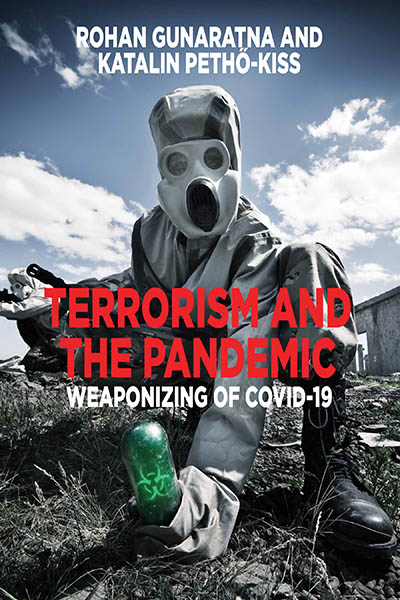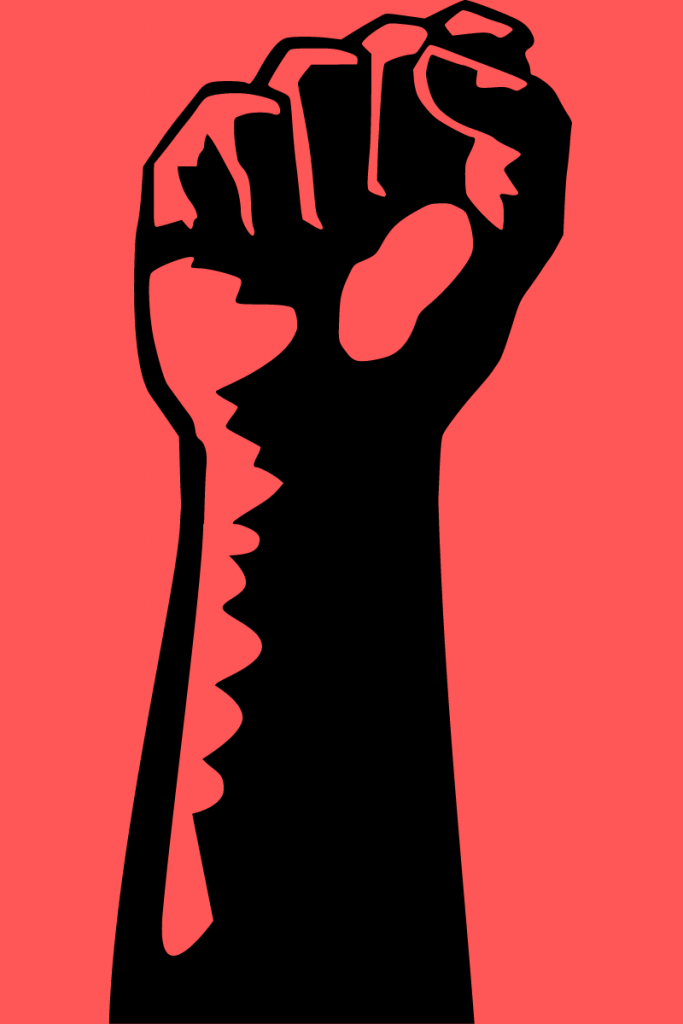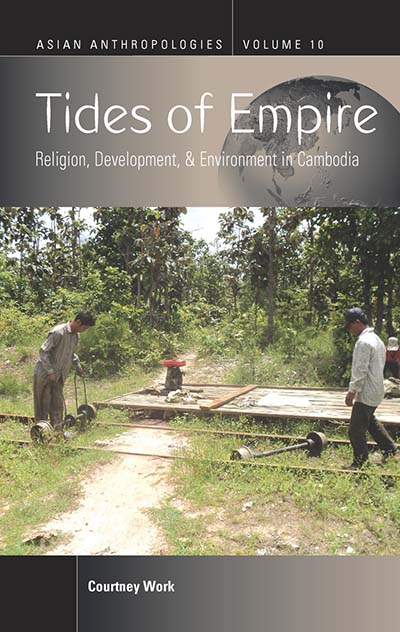Michael Meng and Adam R. Seipp
The writing of German history since 1945 has often, if not excessively, been shaped by critical and negative attitudes; or, as Baruch Spinoza would put it, by excessive fear and sadness in the face of human suffering. Ruination, mourning, absence, destruction, and failure are the leitmotifs of postwar German historiography. Amid this chorus of negativity, however, a few exceptions stand out. One of whom is our mentor, Konrad Jarausch, who over the past decade or so has written several books on Germany’s transformation into a rational democratic society––the very society that Spinoza suggests can achieve peace insofar as it frees people from the negative and divisive emotions of sadness and fear.
Continue reading “Freed from Fear and Sadness: The New Germany” →






